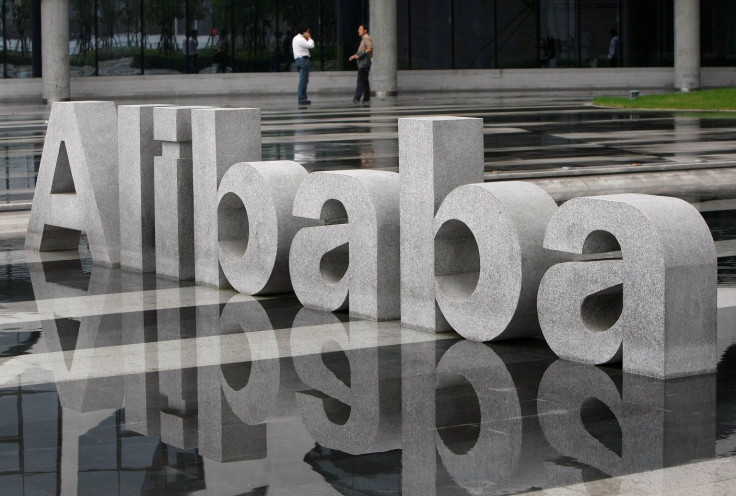Alibaba's December 2016 quarter revenue rises up to 54%

Alibaba has announced on Tuesday that its revenue during the fiscal third quarter of 2016 has increased to 54 percent. The company earned US$4.9 billion (AU$6.5 billion) or US$1 (AU$1.33) per share which benefited from the sales during the company's Single's Day shopping event. Chief executive of Alibaba Group Daniel Zhang said that the result has demonstrated the company's ability to create value across the vast ecosystem as well as the strength of Chinese consumer sector.
Apart from the Single's Day revenue, the company's profit was driven by the emergence of its cloud computing division with more than doubled increase in revenue over the last year. According to the report, the total earnings in cloud cost US$254 million (AU$337 million) with an increase by 115 percent. The company has four divisions including e-commerce, cloud computing, digital media and innovation initiatives. All divisions showed growth throughout 2016. In its digital media and entertainment segment, the revenue increased by 273 percent with a total amount of US$585 million (AU$776 million) while the innovation initiatives and other investments increased by 61 percent with a total amount of US$122 million (AU$161 million).
The company has raised its revenue guidance for the 2017 fiscal year from 48 percent to 53 percent. The US$4.9 billion (AU$6.5 billion) cash flow that the company earned will be used in its growing investments throughout the company's four divisions.
Alibaba is the dominant player in China when it comes to online commerce and has expanded into sectors including sport and entertainment. The company is often compared to Amazon and eBay.
It is using a Taobao platform that handles 90 percent of its consumer-to-consumer market while the Tmall platform is believed to handle more than half of its business-to-consumer transactions. Its Taobao platform has been listed in the annual blacklist of the US Trade Representative office as the company was not doing enough in restraining pirated and fake goods.





















